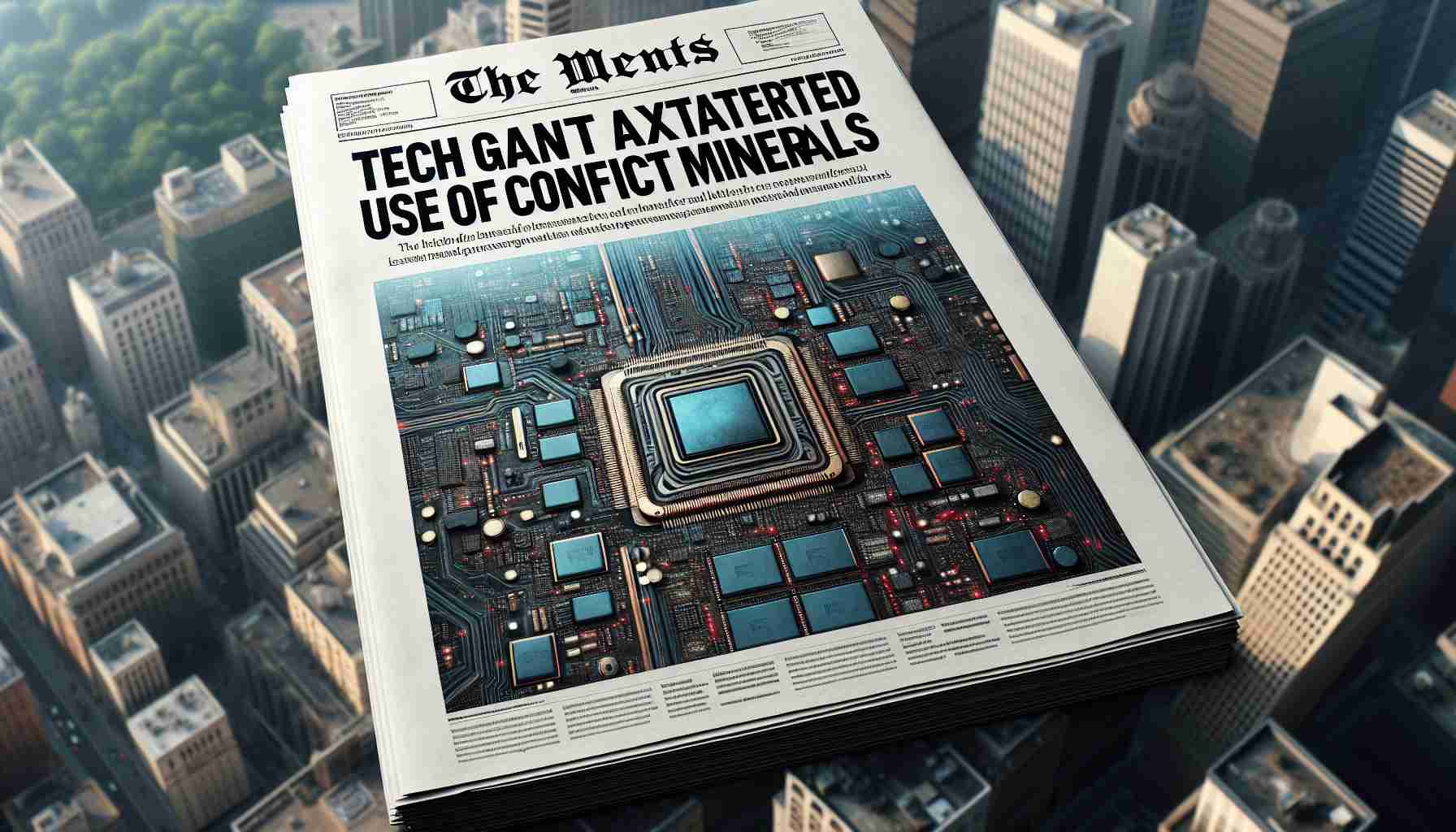The Congolese government has raised concerns regarding Apple’s procurement practices, especially the potential inclusion of conflict minerals in its iPhones. The technology giant has been approached with inquiries about whether its manufacturing supply chains endorse militia groups via the use of conflict minerals such as tin, tungsten, and tantalum.
Despite Apple’s assertions of ethical sourcing and disengagement from suppliers who violate their Supplier Code of Conduct, skepticism from legal bodies persists. A team of international lawyers, acting on behalf of the DRC and led by attorney Robert Amsterdam, has initiated correspondence with Apple’s executives, including CEO Tim Cook, questioning the authenticity of the company’s claims about mineral sourcing.
Detailed allegations have been brought to light, noting that the human rights abuses linked to the mining regions have yet to be adequately addressed by Apple’s supply chain audits. Allegedly, there are discrepancies in official mineral production figures, as highlighted by production data from Rwanda, which counterclaims made by tech firms about their mineral sources.
Amsterdam & Partners, representing the DRC, has scrutinized Apple’s methods and results in eliminating the use of 3T conflict materials. It is important to note that Apple has not yet publicly commented on the recent queries; however, in past communications with the US SEC, the company has outlined steps taken to remove non-compliant smelters and refiners since 2009.
Important Questions:
1. What mechanisms does Apple have in place to ensure conflict-free sourcing of minerals?
2. How does Apple’s Supplier Code of Conduct address the issue of conflict minerals?
3. What accountability measures are in place for suppliers found to be using conflict minerals in their supply chain?
4. How does Apple’s response to these allegations affect its brand image and customer trust?
Answers:
Apple maintains that it requires suppliers to adhere strictly to its Supplier Code of Conduct, which includes the responsible sourcing of materials. The company has been reported to undertake rigorous audits and require disclosures from suppliers to ensure compliance. Apple has also been one of the companies at the forefront of using blockchain technology to track the origin of minerals and ensure they do not fund conflicts.
Key Challenges and Controversies:
– Supply Chain Complexity: The supply chains of tech companies like Apple are extensive and complex, making it difficult to trace the origins of all materials.
– Verification: Confirming that minerals are conflict-free involves intense scrutiny and audit, which can be challenging in regions with limited governance.
– Geopolitical Issues: Operating in conflict-afflicted areas can inadvertently entangle companies in local or regional politics, potentially affecting their reputation.
Advantages: Ensuring conflict-free mineral sourcing can enhance a company’s reputation, increase consumer trust, and contribute positively to the ethical standards within the industry.
Disadvantages: The due diligence required in tracing minerals back to their source can be resource-intensive and costly for companies. It may also force companies to abandon certain suppliers, potentially leading to a destabilized supply chain and loss of supplier diversity.
For further details about how Apple’s efforts in conflict-free mineral sourcing line up against wider industry practices, you can refer to the company’s official statement and reports which are regularly published on their domain: Apple.
